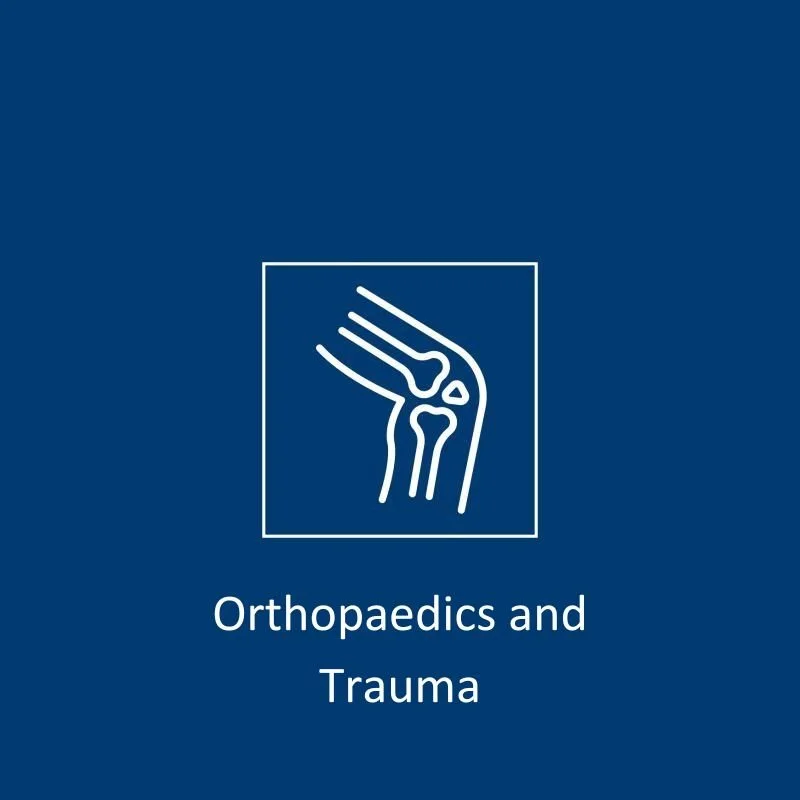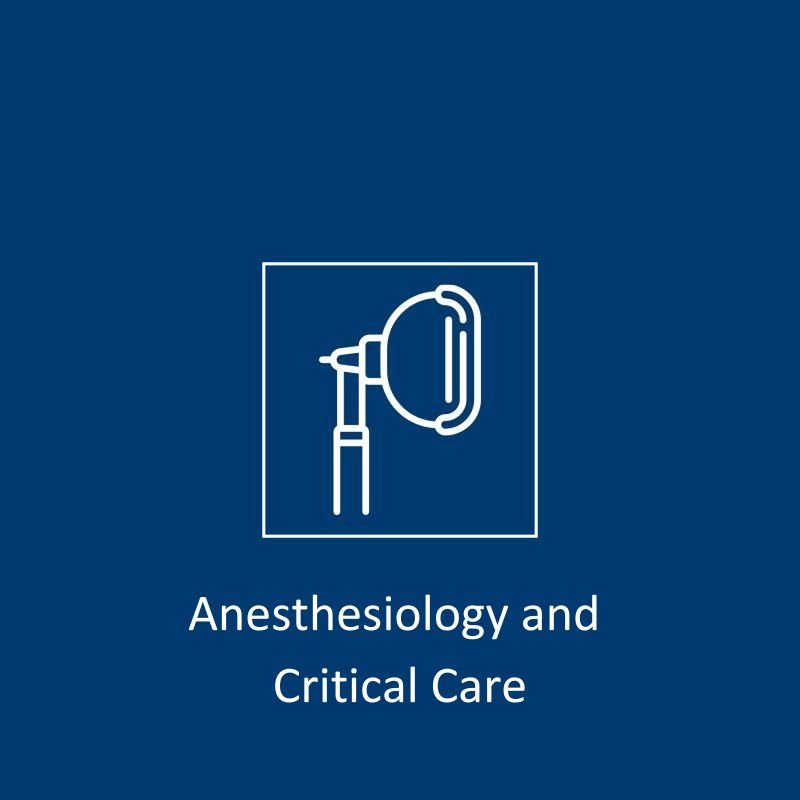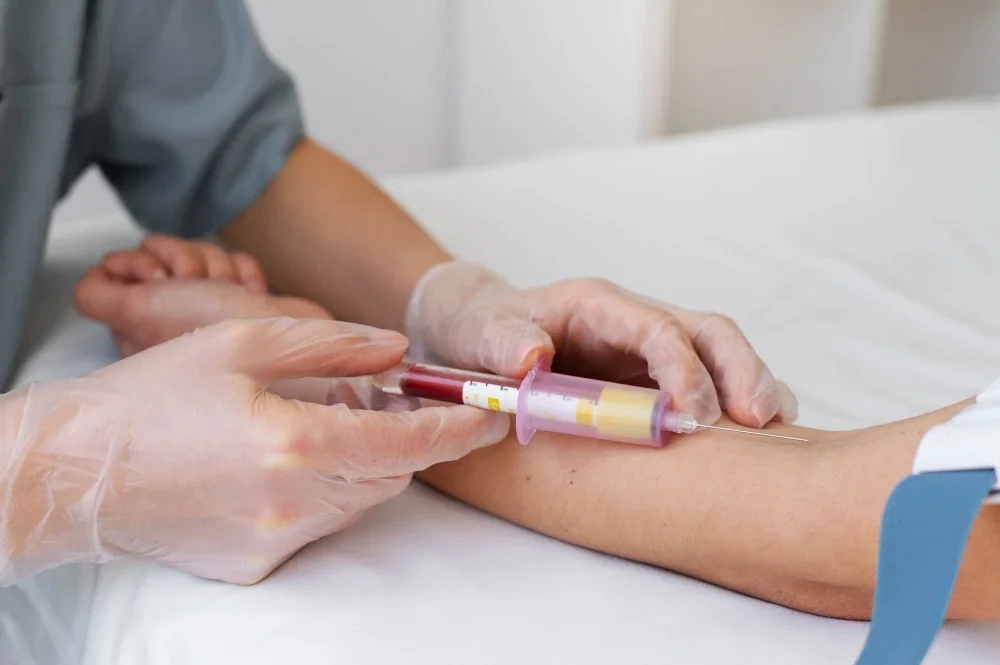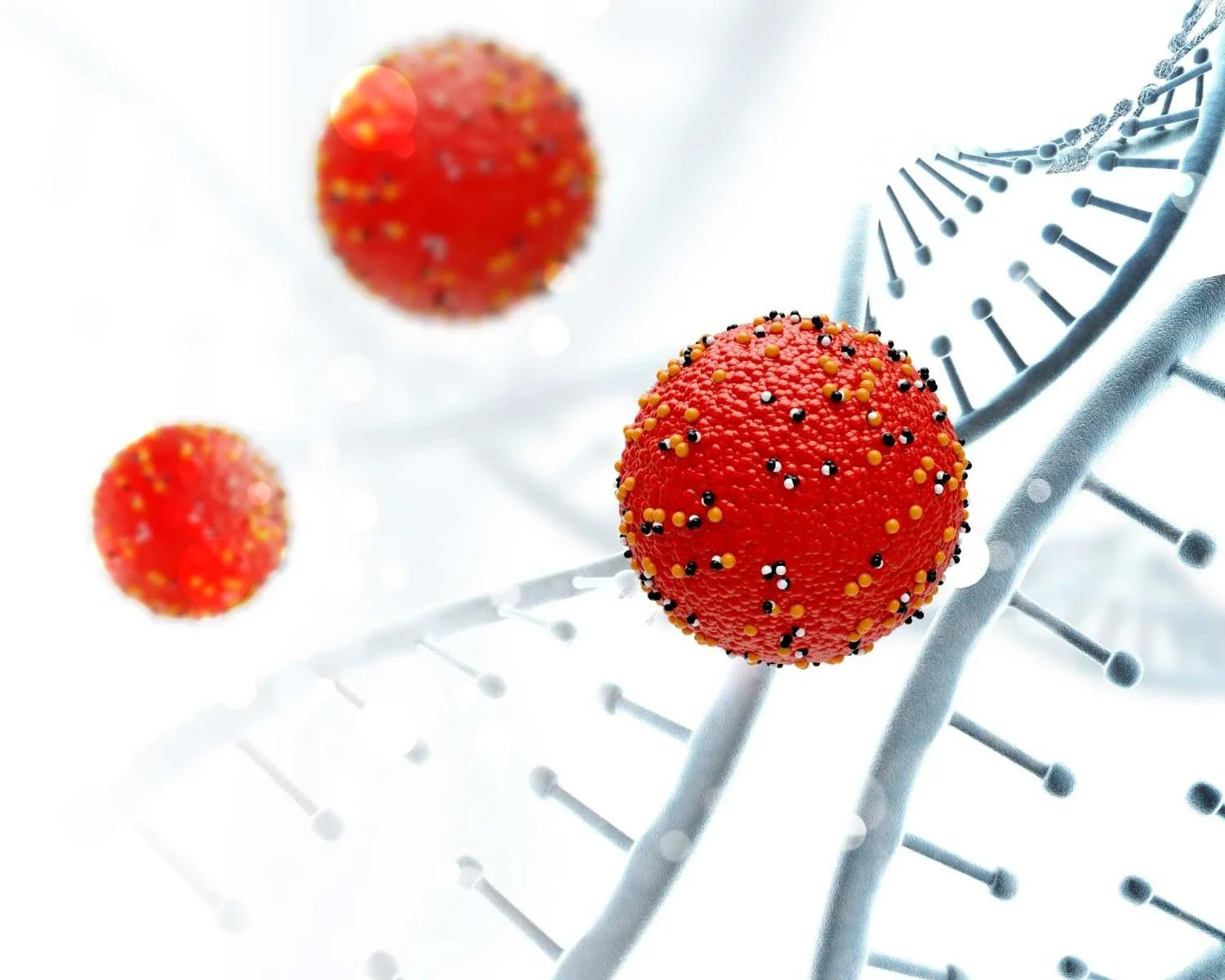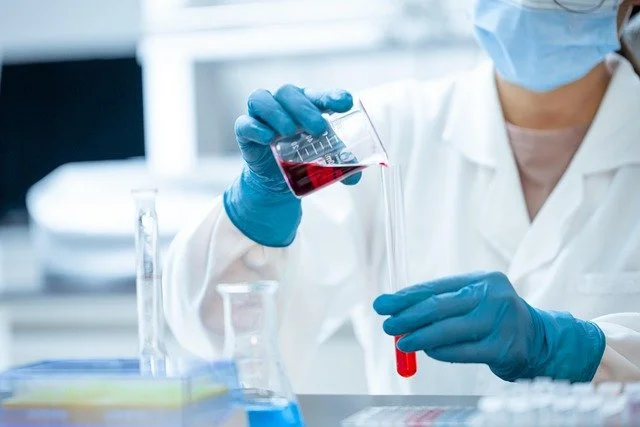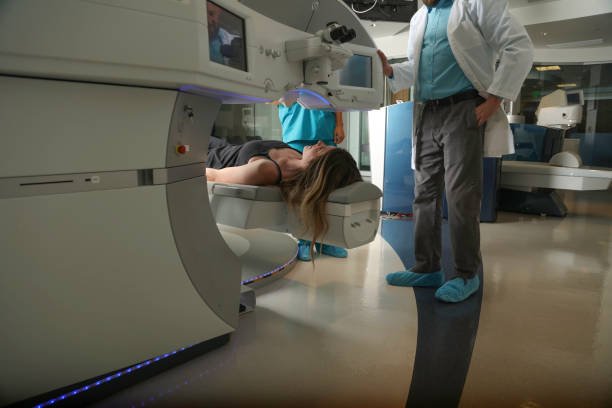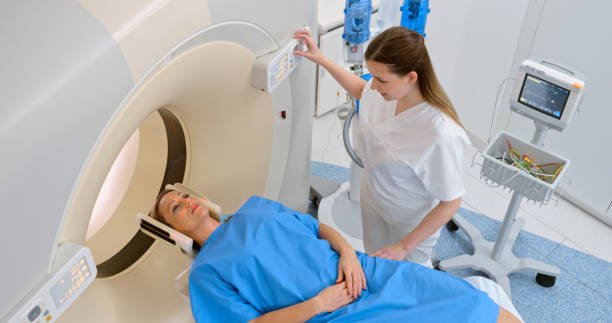
Department of Rheumatology & Immunology
Rheumatology & Immunology
About
Rheumatology, a medical super-specialty that tackles arthritis, autoimmune disorders, and other connective tissue diseases, is crucial given that one in every five Indians suffers from a rheumatic condition. Accurate diagnosis and specialized treatment are often formidable challenges in combating these afflictive diseases. JIET Hospital in India stands at the forefront of this battle, offering an integrative approach to patient care. It collaborates with its Internal Medicine and Orthopedics departments, providing a comprehensive treatment regimen to help patients reclaim their lives from these debilitating conditions. The hospital boasts a team of nationally and internationally renowned experts trained in diagnosing these diseases. Each patient is given a tailored treatment plan devised by the best minds in the field, ensuring they receive the most effective care. The commitment and expertise at JIET Hospital contribute significantly to the fight against rheumatic diseases in India.Condition Treated
Holistic, comprehensive rheumatological care.Treatments for Rheumatoid & Psoriatic Arthritis, Ankylosing Spondylitis.Effective care for Osteoarthritis and Gout.Solutions for SLE, APLA/APS, Scleroderma.Therapy for Sjogren’s Syndrome, Mixed Connective Tissue Disease.Relief for Myositis, Vasculitis, and Vitamin D deficiency.Management of Osteoporosis, Fibromyalgia, and Soft Tissue Rheumatism.
Key procedures (IPD)
Urgency in managing rheumatological emergencies.Tackling flare-ups in rheumatic diseases.Administration of parenteral immunosuppressives, biological therapies, and anti-osteoporotic treatments.Execution of diagnostic procedures like synovial fluid aspiration and joint injections, supplemented with imaging guidance.
Key procedures (OPD)
Comprehensive clinical assessments for rheumatological issues.Complete immunological case-specific evaluations.Personalized physiotherapy sessions.They targeted patient education modules.Collaborative patient-involved treatment planning.Customized care for international and Northeast Indian patients.
Daycare services
Diagnostic procedures: Synovial fluid aspiration, joint injections (with imaging guidance)Therapy: Subcutaneous Immunosuppressive, Biological, Anti-osteoporoticPhysiotherapy: Integrated Rheumatological Physiotherapy
Other departments
FAQs
-
At JIET Hospital, A rheumatology doctor or a rheumatologist is trained in the treatment and diagnosis of autoimmune conditions that affect the muscle and skeletal system; these diseases are commonly known as rheumatic diseases. They mostly affect the joints, muscles, and bones, causing inflammation, pain, stiffness, and deformity. Autoimmune diseases occur when the immune system sends inflammation signals to various body parts when it's not needed; this inflammation can affect the internal organs as well.
-
Most of the rheumatic diseases can be controlled and regulated via medical management.
-
There are approximately 100 rheumatic diseases, and they are mostly characterized by swelling and inflammation that mostly affects the 'connectors' of the body; this includes joints, ligaments, tendons, muscles, and major organs. The diseases include arthritis, and it can affect the spine, which results in spondyloarthropathies. Experts say that rheumatic diseases can be caused due to various factors, and mostly because of a combination of environmental and genetic factors. Generally, genetic factors can be a significant reason for rheumatic diseases. The disease can be triggered by hormonal spikes, viral or bacterial infections, or excessive weight gain.
-
The first signs of rheumatism include:
Fatigue- This when you feel tired even after a good night's sleep, and it can increase in intensity after a couple of weeks. Lethargy is usually accompanied by weak physical and mental health.
Stiffness- When your body gets stiff, especially in the mornings, it can be an early sign of arthritis. If it lasts for more than a few minutes, it can get worse over time if not treated immediately.
Joint stiffness- If it occurs for more than one joint, then it is a common symptom for rheumatoid arthritis. It can happen at any time of the day, whether you're active or not.
Fever- If you consistently experience joint pain and inflammation, you may get a low-grade fever as well. This is an early symptom of rheumatism, and you have to get it checked.

